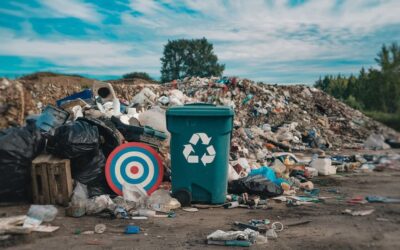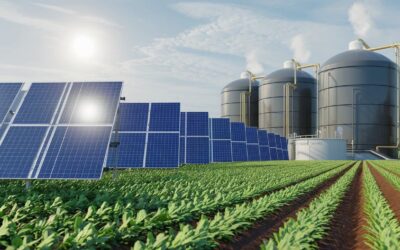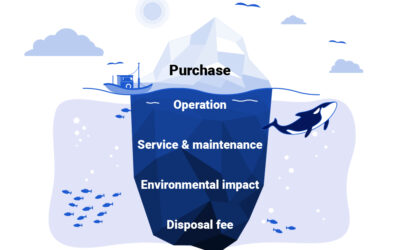Plastic is a versatile and ubiquitous material in our daily lives.
From water bottles to auto parts, plastics find applications in a variety of industrial sectors.
In this article, we will explore the many uses of plastic, highlighting its flexibility and countless possibilities.
Packaging
- Bottles and containers for drinks and food
- Bags and films for product packaging
- Trays and blisters for pharmaceutical products
- Drums and IBCs for the transport of chemicals
Building
- Pipes and fittings for the plumbing system
- Windows and doors
- Roof and wall panels
- Floors and walls
Automation
- Components for cars and industrial vehicles
- Gears and bearings
- Machines and tools
- Robotics and 3D printing
Electrical engineering
- Electrical cables and insulators
- Electronic components
- Printed circuits
- Housings for electrical equipment
Furniture
- Furniture and chairs
- Design objects
- Housewares and kitchen utensils
- Games and toys
Textile
- Synthetic fibers for clothes and accessories
- Waterproof and windproof fabrics
- Curtains and upholstery
- Yarns and ribbons
Medicine
- Prosthetics and medical implants
- Surgical instruments
- Disposable devices
- Medicine packaging
Other sectors
- Sports and leisure items
- Fishing and hunting equipment
- Home and garden items
- Office and school materials
Recycled plastic
The use of recycled plastic represents an important opportunity to reduce the environmental impact of this material.
Hydroswiss, a leading company in the sector of industrial recycling plants, offers innovative solutions for the recovery and valorisation of post-consumer plastic.
Thanks to Hydroswiss’ advanced technologies, recycled plastic can be used to make new high-quality products, contributing to a more sustainable future.
Conclusion
Plastic is a multi-faceted material, with constantly evolving application potential.
Its versatility, durability and cost-effectiveness make it an ideal choice for a wide range of industrial sectors.
Hydroswiss’ commitment to developing plastic recycling technologies represents a fundamental step towards a more sustainable future, where this precious material can be used in a responsible and circular way.




